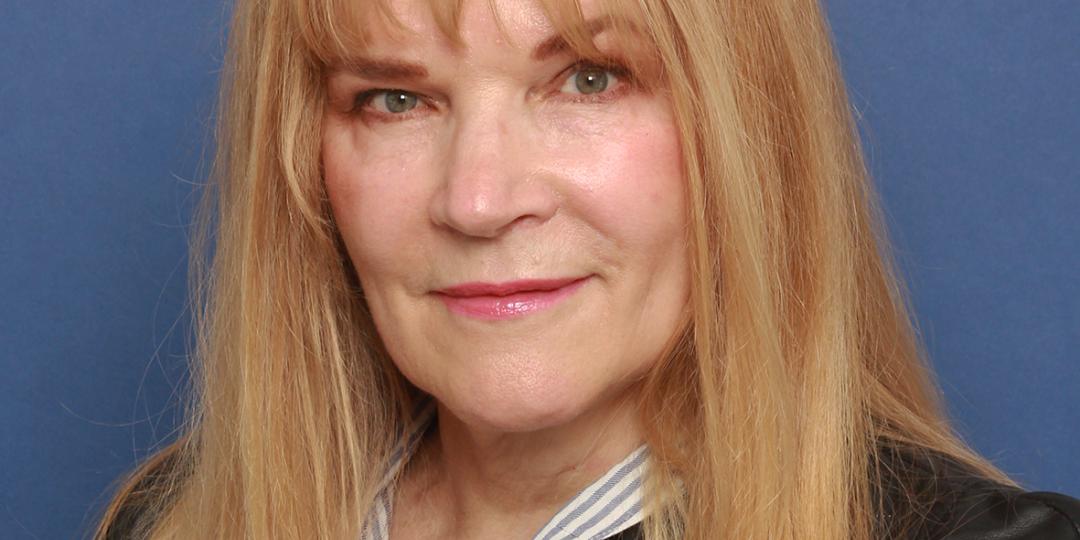Expressing concern that the Department of Employment and Labour (DoE&L) has reported some non-compliance in the hospitality sector, and emphasising the need for 100% compliance, FEDHASA noted that government could also play a role in lowering the barriers to compliance.
This is from the hospitality association’s Chair, Rosemary Anderson, in response to a query from Tourism Update following a mega inspection blitz by the DoE&L last week, and the subsequent revelation of a 42% compliance rate in the Western Cape's Hospitality Sector.
Other provinces are also set to be targeted by mega inspection blitzes, according to Aggy Moiloa, Inspector-General of the Department of Employment and Labour.
The department inspected 500 hospitality establishments, and the following areas of non-compliance were identified in the inspectors' reports:
- Non-payment of overtime worked
- Non-compliance with COVID-19 protocols
- Unemployment insurance contributions not paid to the fund
- Employer not producing particulars of employment (contracts)
- Occupational Health and Safety Risk Assessments not produced
Anderson said: “We, however, can understand why and how this has happened. Our sector has been devastated and compliance has slipped as a result.
“The best analogy I can give is that when one’s ship is sinking one does not think of rules and regulations,” she said, noting that survival had been top of mind for most establishments.
Anderson added that the hospitality industry was under financial pressure even before COVID-19, due to the poor economy, recession and shrinking of disposable income, which was where all hospitality derived its income from.
Lost institutional knowledge
“Added to this is that there have been many retrenchments in the industry, of not only jobs like waiters, but also the retrenchment of managers who used to run the Occupational Health and Safety (OHS) and other labour-relations criteria such as employee contracts, etc.”
According to Anderson, another aspect that has damaged the industry is that many businesses have lost institutional knowledge and administrative capacity when their managers in labour and HR left the industry following the repetitive shutting down of the industry like a revolving door.
Another key point is that consultants who specialise in labour and occupational and safety matters have reported a more than 30% loss of their clients since the start of the pandemic.
“It is only now that our sector is starting to gain some stability and will now ensure they get back to being 100% compliant.”
Other compliance challenges
It was not only labour laws that the hospitality industry struggled to comply with, said Anderson.
“The various liquor boards currently make it very difficult for businesses who wish to get liquor licences. It currently takes up to two years to get a liquor licence. They make it so difficult to be compliant that businesses are almost forced (in order to stay afloat) to be non-compliant/trade illegally without a liquor licence.” She added that this then led to bribes having to be paid etc.
“These matters were raised at a meeting FEDHASA had with the Department of Trade and Industry and the nine liquor boards in December. We are hoping some positive response will result from this.”
Municipalities were also very slow in providing health and safety certificates necessary for trading, said Anderson.
She said there were many things government could do to facilitate compliance, including:
- Educate the industry by providing all the necessary information and templates of forms and then give the business a date within which the DoE&L will be visiting them to ensure they comply.
- Have a simple user-friendly website where one can access all the necessary forms in template form, which can be easily adapted.
- Have recordings of podcasts on the websites where one can listen to great speakers who are addressing the various compliance subjects.
- Ensure regular updates of new legislation on the DoE&L website and interpret it for the industry, letting them know how it will impact on their business.
- Have regular workshops that one can attend where all the many matters can be discussed and questions raised. These can then be recorded and put on the website.
- Departments need to answer communications sent to them – so if there is a question raised, the member can receive an answer.
FEDHASA assists members
FEDHASA employs the services of a hospitality legislative consultant who provides updates on the association in real time whenever there are new legislative matters affecting the industry.
“He also analyses these and provides interpretation of the legal notices, and we, in turn, provide this to our members in real time,” said Anderson.
“It is one of the benefits of being a FEDHASA member. In December we also did a summary for our members of all the legislation they need to be compliant with.”























